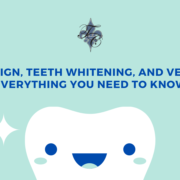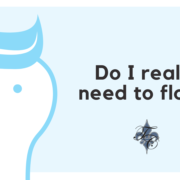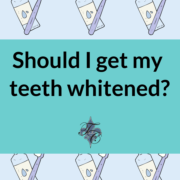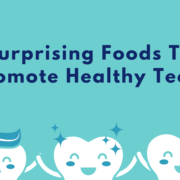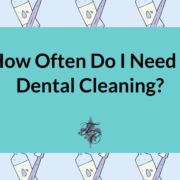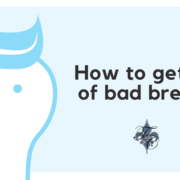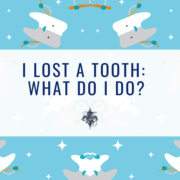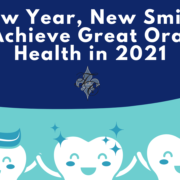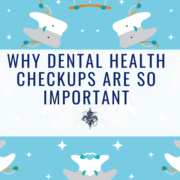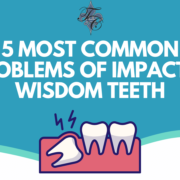Invisalign, Teeth Whitening, and Veneers: Everything You Need to Know
Cosmetic dentistry makes it possible for anyone to transform their appearance. The days of suffering with yellowed, crooked, chipped, and cracked teeth are long gone. Our Lafayette dentist, Dr. Chauvin offers popular cosmetic treatments like Invisalign, professional teeth whitening, and porcelain veneers.
Invisalign for Straighter Teeth
Invisalign is a revolutionary approach to straightening teeth. Perfect for adults and working professionals, Invisalign allows for discreet and comfortable orthodontic treatment. This teeth-straightening system can close gaps between teeth, upright crooked teeth, and improve a person’s occlusion. Folks with overbites, underbites, and open bites can see an overall improvement in their occlusions.
Unlike fixed orthodontia that utilizes conspicuous wires and brackets, Invisalign straightens teeth with retainer-like appliances made from clear, smooth plastic. These appliances, called aligners, are custom made to address your unique oral anatomy and the positions of your teeth.
Since an aligner is clear plastic, it is practically undetectable to others. This means you won’t have to worry about your appearance in photographs or feel like your orthodontic treatment is distracting others as you navigate your professional and social life.
One major selling point to choosing Invisalign is the fact that your aligners are removable. Since your orthodontic appliances aren’t fixed, you can take them out for meals and to brush and floss your teeth. Another great advantage to Invisalign treatment is the fact that the smooth surfaces of aligners reduce irritation to soft tissue often seen with conventional metal and wire braces.
The best way to determine if this type of orthodontic treatment is right for your needs is to schedule a consultation with a dentist who provides Invisalign.
Teeth Whitening for a Brighter Smile
Tough dental stains can make you self-conscious of your smile. Since teeth are porous, most people develop discoloration and yellowing of their teeth with time. While proper oral hygiene can address some surface stains, deep discoloration that forms below the enamel surface of teeth requires professional care.
Our Lafayette cosmetic dentist, Dr. Chauvin offers two safe and effective options to help restore the color of your smile. Our practice provides in-office teeth whitening and take-home whitening kits. Both of these options utilize prescription-strength lightening solutions that can lift away decades of permanent tooth stains.
In-office whitening is a great option for those who need results fast before an upcoming event or for those with limited time. Take-home whitening is ideal for people who want to touch-up the results of their in-office treatment or for those who prefer to improve their smile in the comfort of their homes.
Porcelain Veneers for a Total Smile Makeover
Veneers are a great treatment option for producing a complete smile makeover. When patients suffer with a variety of dental imperfections such as tooth wear, chips, cracks, stains, and even orthodontic concerns, our dentist may recommend porcelain veneers.
A veneer is a wafer-thin cosmetic enhancement that is cemented over the front-facing side of a tooth. Each veneer is handcrafted to very precise specifications to ensure that it complements a person’s oral and facial anatomy. When multiple veneers are placed over teeth, they can produce the illusion of a white, straight, and healthy smile.
Receiving porcelain veneers is not invasive but it doesn’t require about three office visits. This is because veneers require time to fabricate since they are custom made.
Achieving the smile of your dreams can be as simple as booking a consultation with our experienced dentist, Dr. Chauvin. Give our practice a call at (337) 234-2186 to reserve your appointment.

